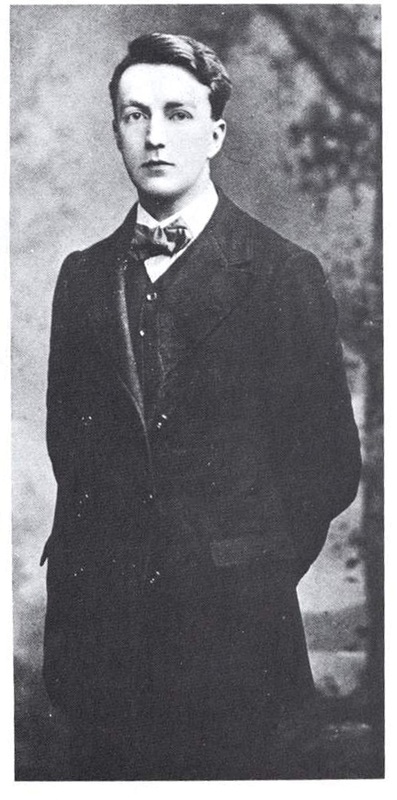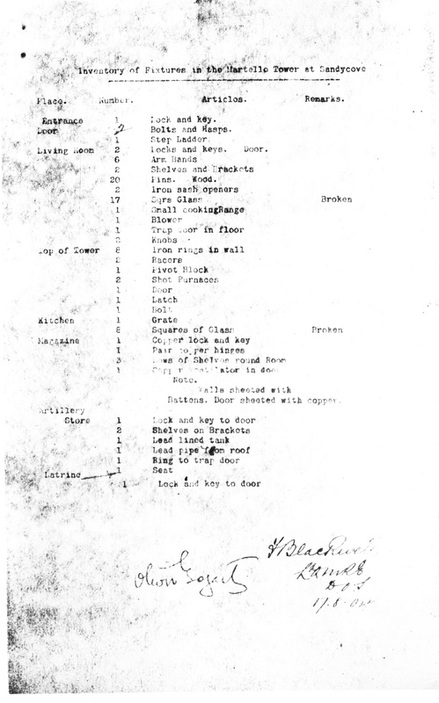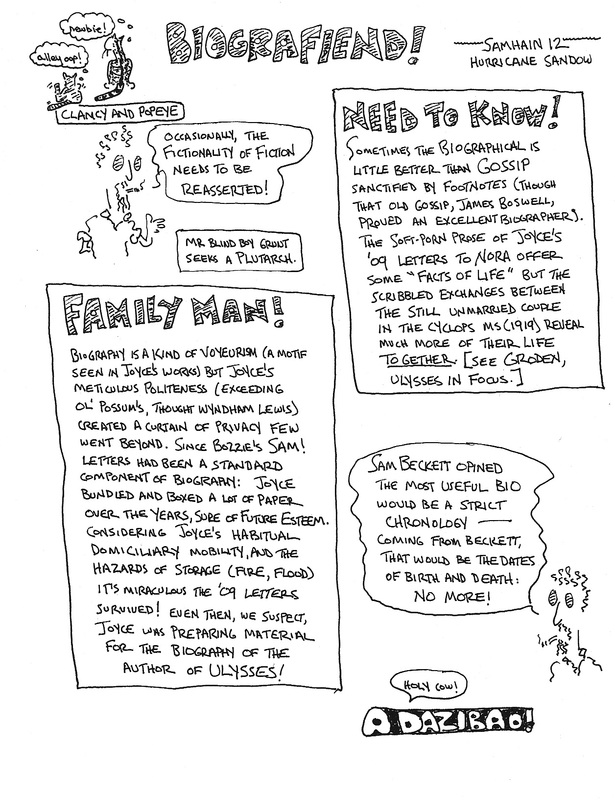|
Paging Dr Gogarty!
". . . 0ne of the great lyric poets of our age." — William Butler Yeats "Stately, plump Buck Mulligan" is based on Oliver St John Gogarty (1878 - 1957), an eccentric figure in Irish political and literary history. Joyce first met him in December 1902; after Gogarty returned from a term at Oxford in the summer of 1904, he rented the Martello Tower, in part, he claimed, to provide shelter for the young "bard." Gogarty took possession of the building in August 1904, Joyce moved there in September, but did not remain very long. In October 1904, Joyce, in the company of Nora Barnacle, left Dublin for the continent; his subsequent contacts with Gogarty were few and formal. Gogarty held the lease for the tower until 1925.
Oliver Gogarty was the son of a wealthy Dublin doctor, and grew up in the finest residential district of the city. He attended Trinity College, a rare privilege for a Catholic at the time, and hobnobbed with members of the Irish Protestant Ascendancy. Upon the founding of the Irish Free State, he was appointed to a six year term to the Irish Senate, where he proved no partyman, but voted according to his whim, or his conscience. He was a close friend of Arthur Griffith, hiding him from British authorities during the Troubles, attending to the founder of Sinn Fein during his final illness; he performed the autopsy on Michael Collins. Once, captured by antirevolutionary thugs and facing almost certain execution at their hands, he leaped into the Liffey and made his escape. He later said, referring to the raw sewage the river received daily: "It wasn't swimming really; just going through the motions." Yeats liked him very much, and included seventeen poems by Gogarty in the Oxford Book of Modern Verse; Gogarty wrote "The Ballad of Joking Jesus" that is quoted in Ulysses. Though neither a major politician or writer, he was close to the heart of action in Ireland during a period of painful transition. The outbreak of the Second World War prevented his return to Ireland from a lecture tour in the United States. He decided to remain, residing primarily in New York City, where he died 22 September 1957.
|
Fiction Lives There is a moment in Telemachus that underscores the prickly nature of Stephen Dedalus (based in part on James Joyce) when Buck asks "What have you against me now?" (I: 180; my emphasis) The offense that Stephen has been harbouring, to be identified as the son of a woman who is "beastly dead," seems trivially absurd, considering that the incident took place nearly a year before the events of Bloomsday; the "now" indicates that Buck Mulligan is aware of Stephen's accountant-like mind, that carefully tallies real and imagined slights. When the source of the grudge is revealed, Buck responds (understandably) "O, an impossible person!" (222) Just as one should not too closely identify Buck Mulligan with Gogarty, so too we must bear in mind that Stephen Dedalus is not James Joyce. Joyce is actively engaged in undermining any sentimental attachment a reader might bring to Stephen from his role in A Portrait, one could easily imagine a greater insult, a more cutting remark than Buck's "beastly dead." Joyce certainly possessed greater faith in his talent (genius) than Stephen, and although the ostensible reason for Joyce's sudden departure from the Tower was gunplay between Gogarty and his Oxford chum, Samuel Trench, it seems that Joyce was keeping tabs on Gogarty as closely as Stephen kept count of Buck. It is suggested, if not properly proved, that Mulligan's aunt holds the purse strings, this is in part the association with parasite that underlies Telemachus: Buck is a bit too keen to please his English guest, he shows too great a talent to pass from class to class, he (most unlike Stephen) aims to please. Herein lies the source of the break between Joyce and Gogarty. Joyce feared that continued association with Gogarty would prove an irrevocable ineluctable route to slavish clownish obedience (what Samuel Beckett would call a "knook"). I think Joyce's friendly feelings for the young Sam Beckett were increased by his small role in a libel lawsuit lodged against Gogarty by Beckett's in-law relatives, the Sinclair brothers. Gogarty lost, and had to pay ₤900 and court costs. --Simon Loekle |
|
As I Please: Simon Loekle |
|



